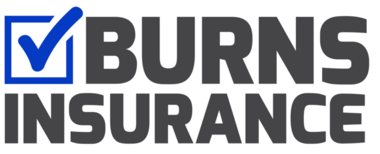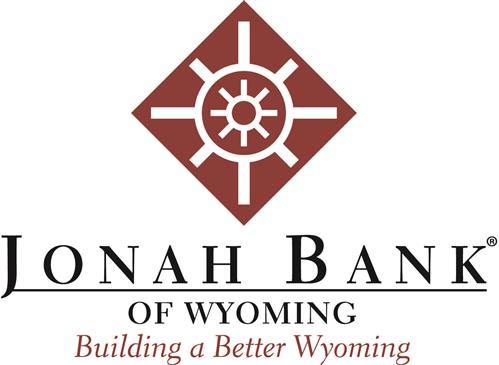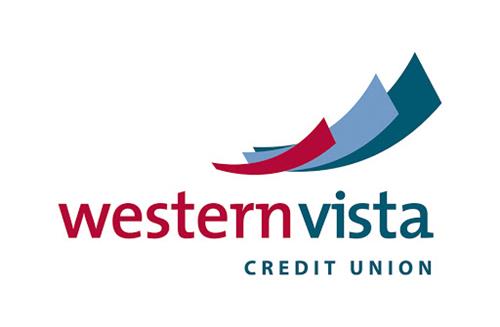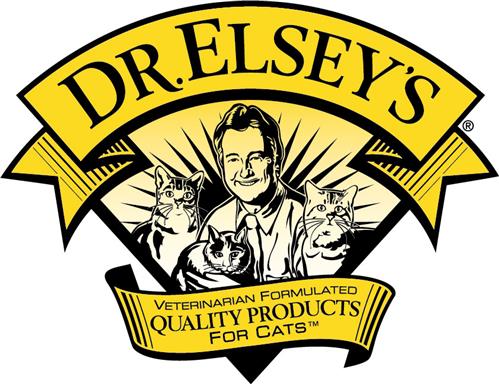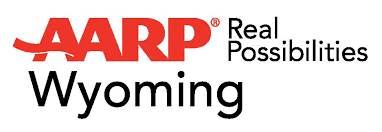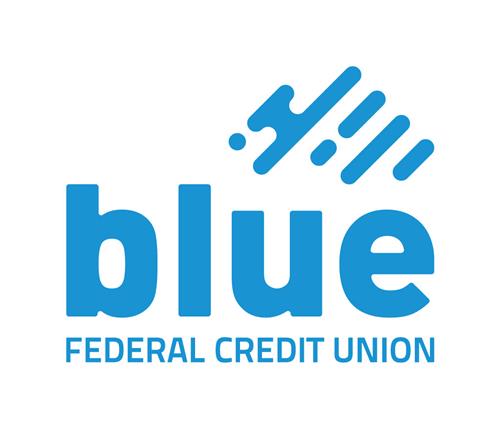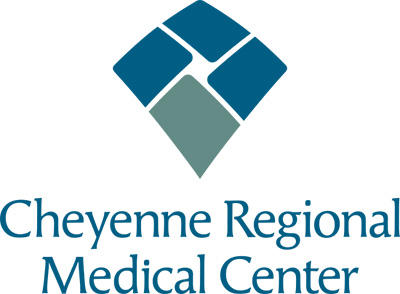4 Way Test Scholarship Winning Essay by Michelle Londe
I still remember the first day I learned the Four-Way Test. It was a blisteringly warm day, and I was in a room with two hundred other people, all eager to learn this new tool for becoming a better leader. I first learned about the Four-Way Test the summer before I was going to become a junior in high school at the Rotary Youth Leadership Award, also known as RYLA. Since then, the Four-Way Test has become almost a ritual for most decisions in my life. I even have a scratched up, golden key chain given to me at my RYLA conference spelling out the criteria for the Test. No matter where I am, that key chain in close to me and always serving as a reminder of how to deal with any situation.
The Four-Way Test is a test applicable to every single thing one thinks, says, or does throughout on a daily basis. The four questions the test asks are: “Is it the truth?; Is it fair to all concerned?; Will it build good will and better friendship?; and finally, Will it be beneficial to all concerned?” In today’s world, it is all too easy to be caught up in the insanity of the lies, making decisions the wrong way, and not knowing where to turn to next. In my life, the Four-Way test and its questions has acted as a guide in every situation, from the scary, monumental problems to the small, forgettable ones. This test creates an ethical, concise, and peaceful way of living every person should uphold to.
My teammate and I sat in the principal’s and counselor’s office, mulling over what we were doing. As we talked to our principal and counselor, I asked myself, “Is it the truth?” Liz and I both knew that our dear friend needed help. That was the truth. Every word that came out of mine and my teammate’s mouth to explain the situation had to be objective information about his health directly, without exaggeration or inferences. Another aspect of the truth was how we felt about him and his decisions to hurt himself. There was no way Liz and I could lie about the fear that was held for our friendship with Josh or how our team would function as a whole after this was being worked through.
Liz and my’s decision to bring him into the counselor’s office was also assisted by the question of “Is it fair to all concerned?” The definition of fair is “free from favoritism or self-interest or bias or deception; conforming with established standards or rules.” Depending on who was asked, the answer could vary greatly from person to person, but, for this situation, it was a fair decision. My other teammate and I did not choose to help Josh just for our self-interest only, the concern for him was real and to help him find a better path. Simply put, it was the right thing to so. Though Josh, at first, would not agree with the decision to bring in outside help, and still after everything, lashed out against his team again, it was fair and it was his right to be brought about to better health.
Next, to help us decide to get Josh help, even with all the risks associated with it, we asked ourselves the question, “Will it build goodwill and better friendships?” I will be the first to admit, I did not think that any sort of friendship would still be maintained with Josh after we put his matters into another person’s hand. One surprising fact, though, is the friendship that became stronger with my other teammate. During the first part of the year, there was no question that we had our differences. There was an indefinite amount of conflict and tension between the two of us, yet the conflict that occurred between Josh and us caused us to grow stronger and bond. A few weeks later, the three of us once again became a team. We came together and competed at our District competition. We could already see that Josh’s health and commitment to our team after getting him help improved: our conversations improved and words of encouragement were even exchanged between us all, almost like a peace offering. Even though at first the idea of friendship being reinstalled seemed unfathomable, the impossible became possible and the three of us today remain close friends.
Finally, the question, “Will it be beneficial to all concerned?” gave my teammate and I a clear answer on our way of help for Josh. Our decision to reach for outside help from our teacher, counselor, and principal proved to be more than beneficial to each person involved with not only my teammate and I, but the entire group as a whole. For Josh, it was beneficial because his health and ability to handle stress in a healthier way improved. In the end, it was beneficial for Liz, me, and the entire team because after the incident had occurred and we all came together again, the community was restored between each of us. In the end, the team won not only the district competition, but also the state competition and is now going to Nationals to compete with the best students in the nation, together.
When multiple odds are against each other, making a decision is hard when one has no idea on where to turn. For my senior year, instead of choosing the easy route to glide through the year easily, I chose instead to take an intense rigorous course filled with Advanced Placement classes and an abundant number of extra-curricular activities. It was unfortunate to say that I had bitten off more than I was able to chew. I truly realized this around the end of my first semester. I was stretched too thin having to deal with everything from finals to learning music for the All-State Orchestra, which occurred at the same time as the semester concluded. As much as it hurt to think it, the prospect of dropping some of my loved activities came up and I had to make a decision. At first, I felt guilty, leaving a small bit of work behind others, and doing something I knew many would not like. I first asked myself, “Is it the truth?”; and in fact it was. I was tired, I was stressed, and there was too much for me to handle and deal with. The truth was, in order for my own sanity and sake, something had to go.
I then asked myself, “Is it fair to all concerned?” in relation to cutting the activities and the effect it would have on the people around me. I was debating in dropping from my newspaper class. It was hard and strenuous, and I simply could not put the dedication needed to put into it. Many might argue that it was unfair of me to lay stress upon others to complete articles without my help. On the other hand, as much as I enjoyed writing and being on the newspaper staff, previous conflicts and persisting problems sometimes made it hard to continue on with it. I decided that I was going to be continued to be treated poorly and lose my interest, it was fair of me to let go of that stress in my life.
To help me make my decision on cutting down my workload for the next semester, I asked myself, “Will it build goodwill and better friendship?” Surprisingly enough, my choice to extradite some activities did not affect the relations and energy I had with people. My friendships from the newspaper class today remain strong, and were not affected by my choice to leave it.
Finally, I asked myself, “Will it be beneficial to all concerned?” Again, many would argue that my decision was not beneficial for the betterment of the group, that my act was selfish, and that I should never, ever leave something for a personal reason. I do believe, though, that my decision was beneficial. I was so stressed from an accumulation of factors, I was not always able to put my best foot forward. My quality of work and ability to work with others was starting to severely drag, also probably causing stress and frustration with those around me. This was especially true in my newspaper class. I struggled to meet deadlines, and fell short when learning how to use the programs to design the paper because I was so short on time. In the end I did end up dropping not only the newspaper class, but also my AP chemistry class to take away some stresses and to help me focus on other activities that needed the more emphasis.
Without the Four-Way Test, my ability to make a clear and conscience decision that would benefit everyone, including myself in some instances, was hard. The Test has improved my thinking and has promoted myself and those around me to great heights of moral thinking and closer to the idealistic view of a peaceful, combined community. Even from the beginnings of the Test in the earlier 20th century, thousands of people and businesses have benefitted from the practical, yet compassionate ideals of the Four-Way Test.
Download the website sponsorship guide

